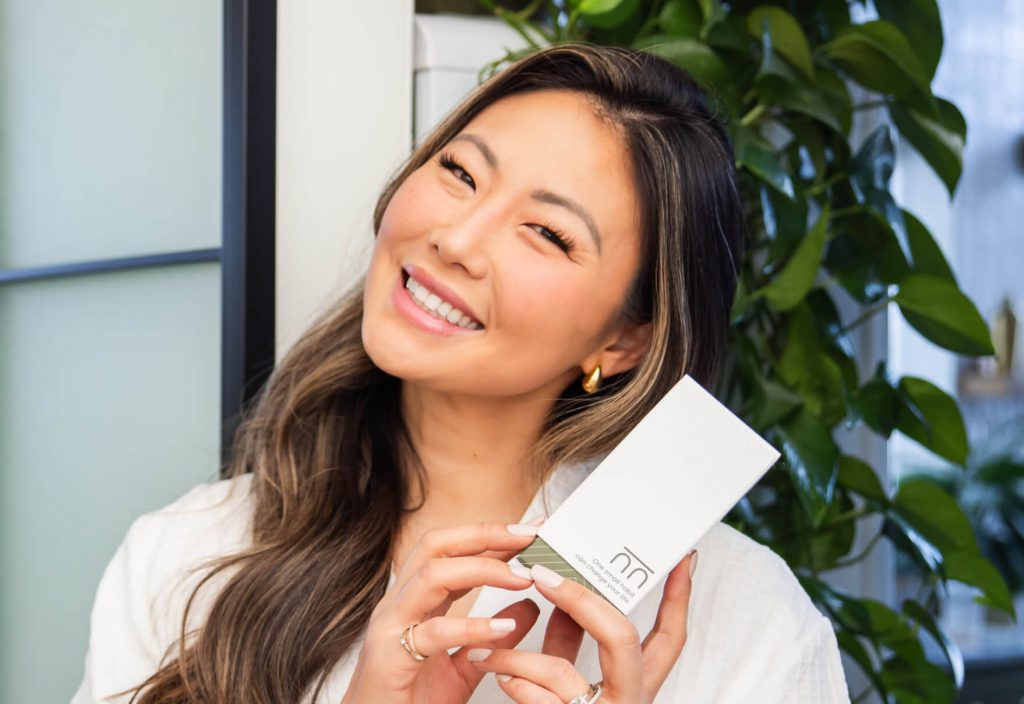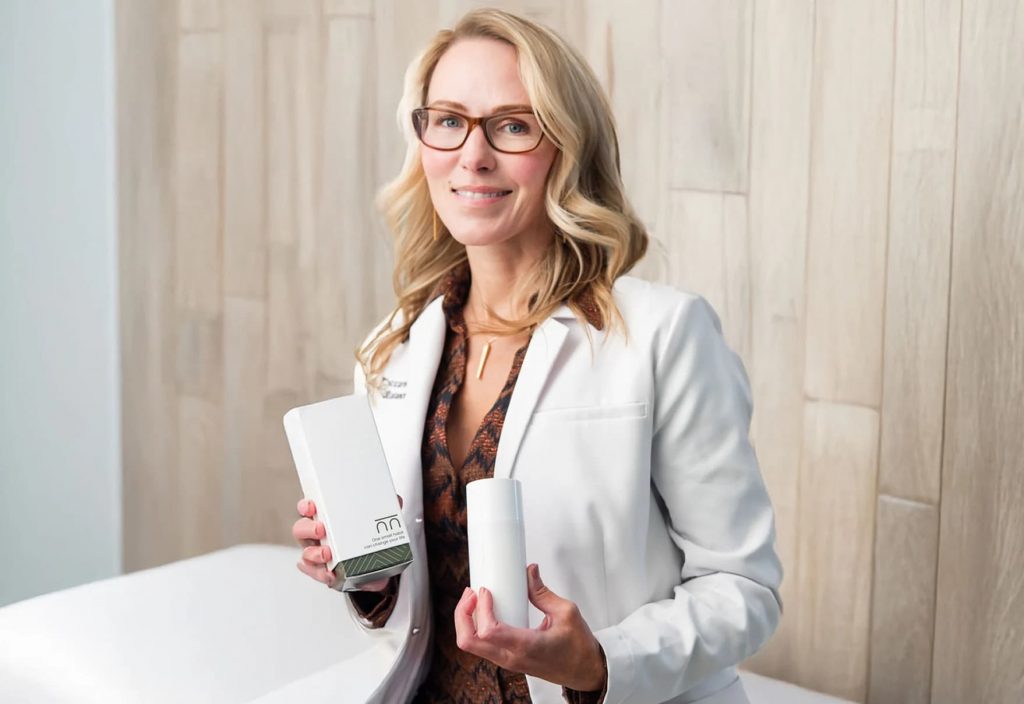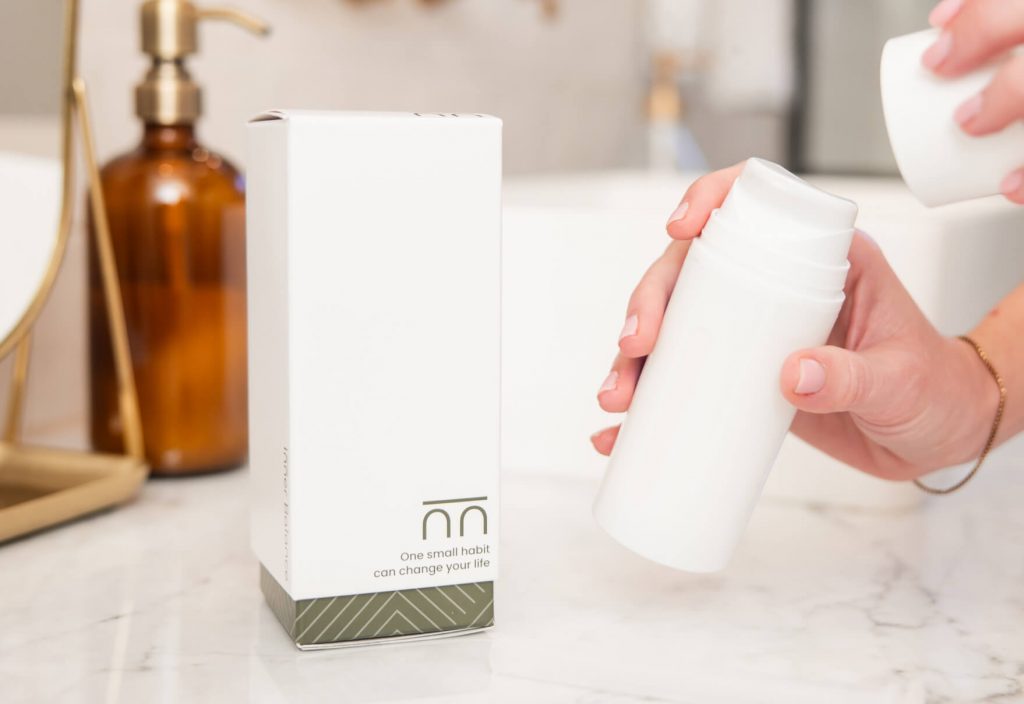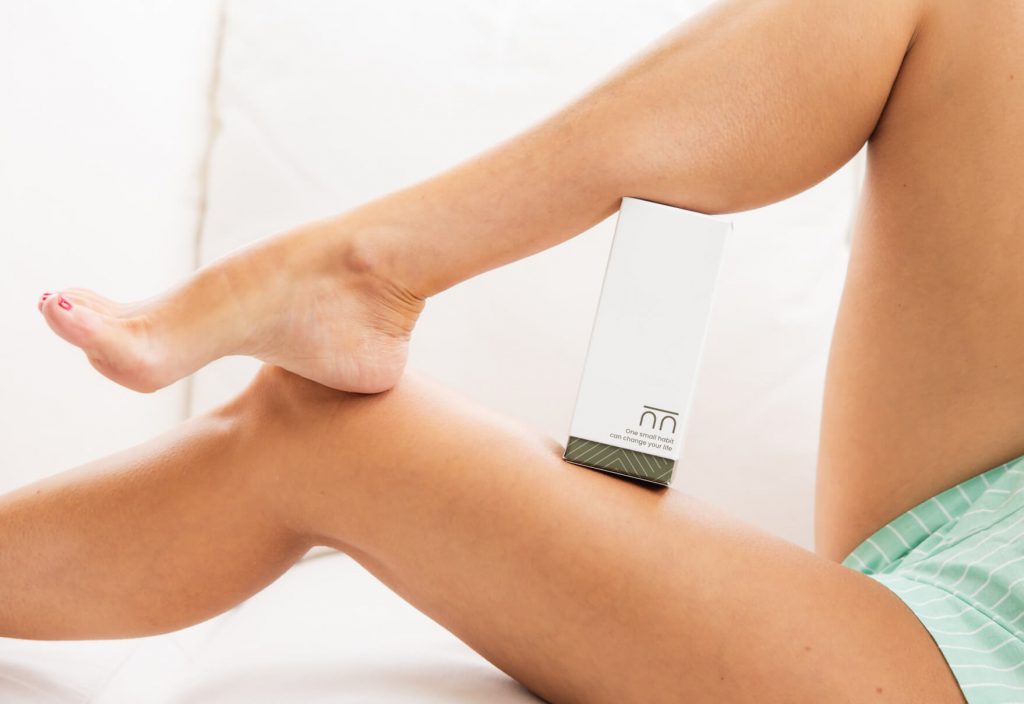Before and After Hormone Replacement Therapy: 6 Women’s Stories

There’s a powerful cultural shift happening around hormone enrichment for women. What was once seen merely as a “treatment to get through menopause” is now being recognized for what it truly is: a foundational tool for long-term vitality. We now understand that the aging process accelerates as sex hormones decline—and that decline begins as early as our 30s.
Starting Hormone Replacement Therapy for Perimenopause and Menopause: Your Comprehensive Guide

So, you’re considering Hormone Replacement Therapy (HRT). Maybe you’ve read about the benefits, or you’ve started experiencing symptoms like fatigue, brain fog, insomnia, weight gain, anxiety, irritability, or low libido and want to take control of your health. Maybe you are considering it because you have heard the anti-aging potential and you want to feel and look your best as you get older.
Benefits of HRT Before and After Menopause

Menopause is literally just one day! One day of your entire life—it’s when the period stops. However, what about the 30 years before and after menopause?
Ask Dr. Sarah: How Can Women Tell If Their Hormones Are Low or Unbalanced?

Question from a 40-Year-Old Woman: “Dr. Sarah, I feel like something is off, but my doctor says my labs are normal. I’m tired all the time, I can’t lose weight like I used to, I am so irritable with my husband and kids, I can’t sleep and my cortisol is high. Could this be my hormones?
Ask Doctor Sarah: Can You Start HRT Before Menopause?

Women are often told that they have to wait until their period stops (menopause) to start hormone replacement therapy. And when we hear about hormones dropping, we often associate it with menopause. However, most women start to experience symptoms in their 30s and 40s – long before their period stops.
12 Common Signs It’s Time to Start Hormone Replacement Therapy

If you’ve landed here, you have likely already tried numerous solutions to hormone-related issues: supplements that didn’t work, changing your diet, and exercising more. You might have even spent thousands of dollars and are not getting the results you want.
Hormone Replacement Therapy: How it Works

You’ve probably heard about hormone replacement therapy (HRT). Maybe your best friend swears by it, or a coworker mentioned how it changed her life. Or perhaps you’ve been up late, scrolling through articles, looking for solutions to the brain fog, the weight gain, or the sleep that seems to elude you more often than not. If any of this sounds familiar, you’re not alone.
The Vaginal Microbiome: How Estradiol, Progesterone & Testosterone Influence Vaginal Odor, pH, and Health

If you’ve ever noticed changes in vaginal odor, you’re not alone. It’s a topic many women hesitate to discuss, yet it’s incredibly common—especially after the age of 30, when perimenopause hits. This gets progressively worse as women age – with its greatest impact during menopause.
The Benefits of Hormone Replacement Therapy for Perimenopause: Starting HRT as Soon As Symptoms Start

Aging is inevitable, but having our health decline while we age is optional. Bioidentical hormone replacement therapy (BHRT) is one of the most powerful tools available for women to maintain vitality, prevent chronic disease, and age more slowly. It isn’t just about living longer anymore – women already outlive men.
The Benefits of Progesterone Therapy During Perimenopause

For decades, progesterone was thought to be only necessary for pregnancy, leading to the widespread belief that it had little role outside of fertility and gestation. Many women who have had a hysterectomy are not prescribed progesterone under the assumption that they no longer need it.
